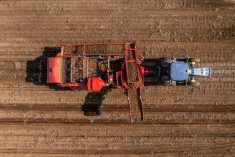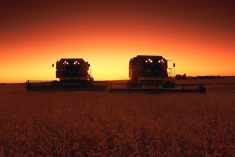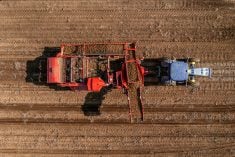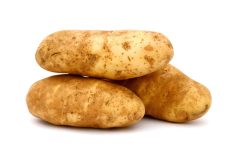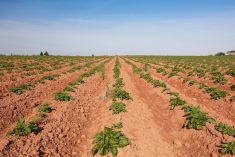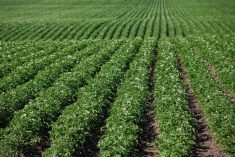McCain Foods has formed a new digital agriculture subsidiary, Presia Ag Insights.
The move builds on McCain’s 2022 acquisition of a “predictive crop portfolio” from Resson, a Fredricton, New Brunswick firm that uses artificial intelligence to advise farmers on crop management decisions.
McCain, in a media release, said the Presia launch is “the result of a decade of collaboration to develop digital technologies, supporting farmers in building resiliency within their operations.”
McCain says the technology will allow farmers and “crop-sourcing partners” to evaluate and predict crop yields, optimize harvest timing, and enhance on-farm sustainability. The firm will use “satellite-based, data-driven intelligence” to garner these insights.
Read Also
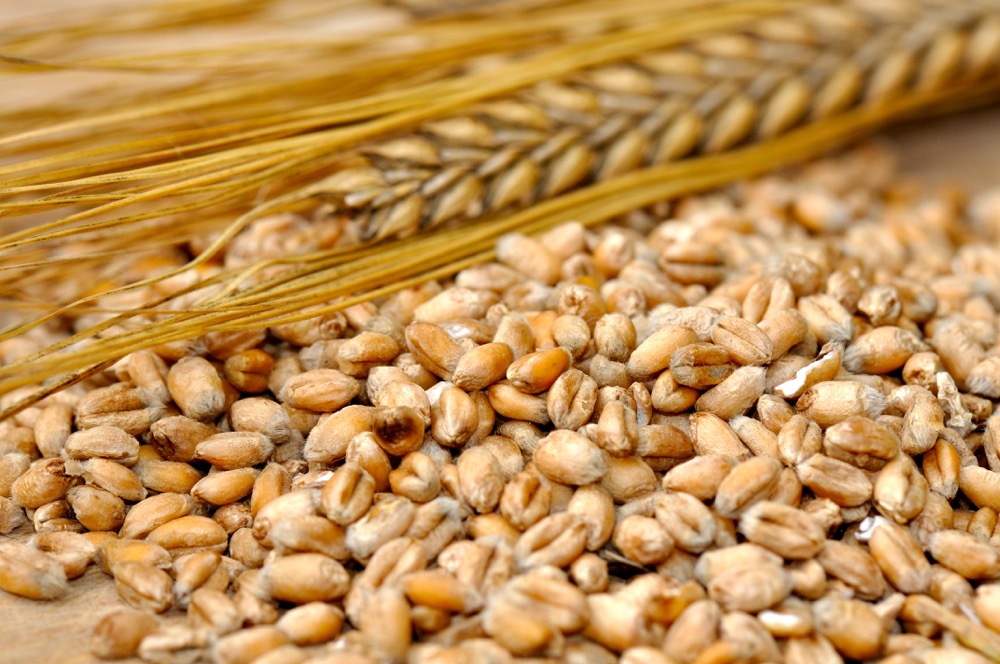
Feed grain weekly: Barley steady in late February
Feed grain bids in Western Canada were holding steady in late February, lacking any fresh market moving news.
Peter Dawe, McCain’s chief growth and strategy officer said in the release that the launch advances the firm’s “innovative agriculture agenda” and will build on the firm’s expertise in the potato sector.
“It is driving data intelligence that is helping us change the way we grow a potato,” he said.
Tyler Hennick, managing director of Presia, said producers who use the technology can expect deeper insights into their farm operations.
“We are proud to offer existing and new customers more frequent and accurate readings on their in-season crop performance within and across entire fields and regions,” he said.
The Presia team is “comprised primarily” of data scientists and software developers, and is based in Ontario and Eastern Canada, and has “nearly a decade of experience” working with crop-monitoring technology on potatoes.
While the focus is currently on potatoes, Presia’s data and models could be expanded to other crops in the future, Presia said.
“We are focused initially on measuring plant health, supporting crop quality, and tracking regenerative agriculture practices. This expertise has been built within potato with plans to support similar insights in other specialty crops,” Hennick said.
“We are getting more data on region and variety-specific nuances to inform our modelling and can work with our partners to measure the indicators that matter to them most.”



